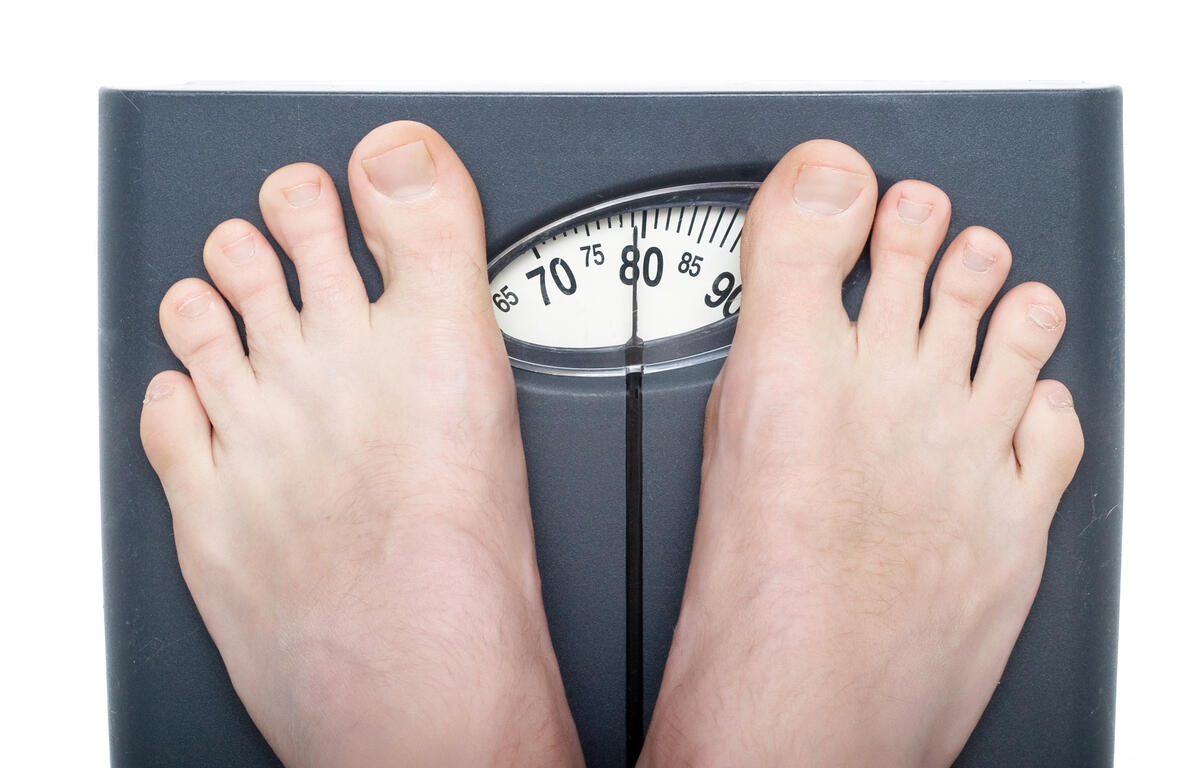Though people attempting to lose weight may wish for a quick fix or magic pill to shed excess pounds, successful, long-term weight loss generally requires considerable time, effort, and commitment. The Centers for Disease Control and Prevention (CDC) emphasizes that individuals who lose weight at a gradual, steady pace are more likely to maintain their weight loss. The CDC advises aiming for a healthy goal of losing one to two pounds per week.
Visiting with a doctor or registered dietitian is important in creating a weight-loss plan that is both effective and safe. In addition to professional guidance, the following tips can help individuals start on a sustainable weight-loss journey:
Adopt a lifestyle change.
Managing weight is a lifelong commitment. That means that following a short-term diet may not prove a successful way to lose weight and keep it off in the long run. It’s important to put strategies in place that will help change habits that may be contributing to weight gain.
Set short-term goals.
While the ultimate goal may be to lose a specific number of pounds, having a distant target can feel daunting. Instead, set smaller, incremental goals, such as replacing sugary drinks with water or committing to exercising three days a week. These milestones can boost motivation and build sustainable habits.
Start when the time is right.
Jumping into a weight-loss plan at the start of the new year or during a busy period may not set you up for success. Begin your journey when you are mentally ready and can dedicate the time and energy needed to make meaningful changes. Avoid starting during high-stress periods or when other commitments may interfere.
Manage stress effectively.
Stress can be a significant roadblock to weight loss. Many people turn to comfort foods or unhealthy habits to cope, which can sabotage progress. According to the Cleveland Clinic, stress increases cortisol levels, leading to insulin spikes and subsequent cravings for sugary and fatty foods. Consider stress-reduction strategies such as mindfulness, exercise, or seeking professional support if needed.v
Focus on what you enjoy.
Rather than concentrating on what you can’t eat, shift your mindset to what you can enjoy. Healthy weight loss is about balance and finding ways to enjoy your favorite foods in moderation. Restricting entire food groups can lead to feelings of deprivation and potential bingeing.
Don’t skip meals.
Skipping meals or severely restricting caloric intake is not a healthy approach. It can lead to weight fluctuations and increase the risk of coronary heart disease, according to Better Health, a resource from the Australian Department of Health. Plan balanced meals to meet your daily calorie needs and avoid skipping any meals to maintain consistent energy levels.
Celebrate your victories.
Weight loss is not just about the number on the scale. Celebrate non-scale victories such as increased energy, improved sleep, or feeling more confident in your clothes. These achievements can help keep you motivated and focused on the bigger picture of overall health.
Be patient with yourself.
Healthy weight loss takes time and requires making lasting changes to habits. Progress may not always be linear, but consistency is key. Remember, this journey is about creating a healthier, more sustainable lifestyle.
By approaching weight loss as a gradual process rooted in realistic and healthy practices, individuals can achieve their goals and maintain them for years to come.


